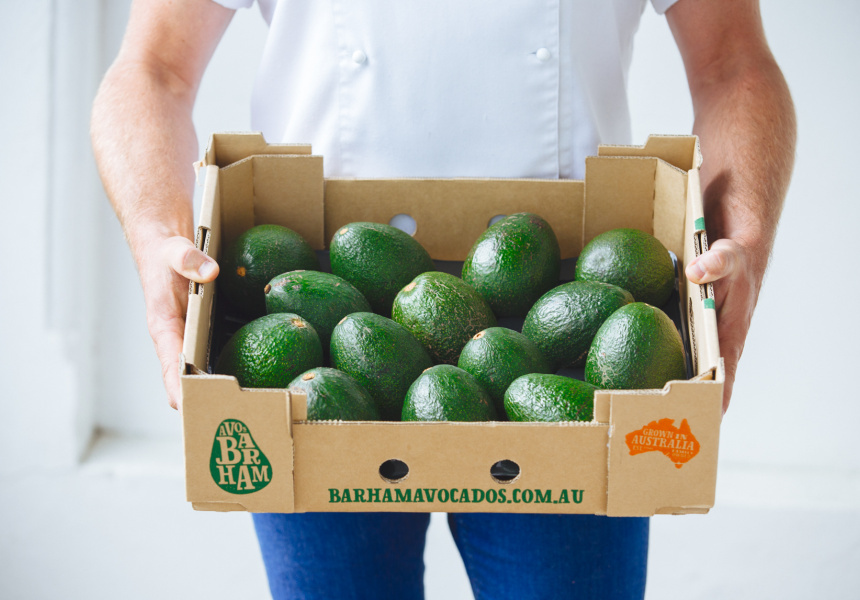

Food, of course, is freighted with meaning. In our chapter, we explore how family food practices operate pedagogically in relation to race and gender. Ultimately, we argue that citizens who develop and demonstrate critical food literacy can participate in public, democratic discourse about food systems and help create food systems that are just and sustainable for all. In particular, we discuss and highlight the potential of multicultural texts to make visible food workers, especially those who tend to be less visible, and identify pedagogical strategies for cultivating critical food literacy by drawing on empirical research on response to multicultural literature and using a multicultural text produced by the Food Chain Workers Alliance as an illustrative example. We build on these existing critical approaches to food systems education by introducing the notion of critical food literacy-or the ability to examine one's assumptions, grapple with multiple perspectives and values that underlie the food system, understand the larger sociopolitical contexts that shape the food system, and take action toward creating just, sustainable food systems. There is, however, a small but growing number of food systems education programs that seek to shed light on and challenge these inequities. While these educational efforts aim to increase learners' connection to food and the land, they do not always focus explicitly on the structural inequities that shape food systems and the experiences of food workers.

has increased in response to the growing interest in where food comes from and how it is grown. The number of food systems education programs and curricula in the U.S. This approach explicitly draws attention to the complicated and multidimensional relationship between food, bodies, and society. I conclude the chapter with a call for an embodied food studies, including research, practice, and policy related to the dynamic interplay among food, food practices, and health. I examine how we as eaters are agents in the production of socialized bodies that, in turn, influence both our biology and social organization. In this chapter, I innovate an interdisciplinary, grounded, and embodied analysis to focus on food and food practices as vehicles for creating and recreating bodies that occupy different-and differently valued-positions within social hierarchies. Food is more than a compilation of vitamins and nutrients it is physical and social, personal and political, and inanimate yet animating. Most of us consume food on a daily basis, in routinized processes that not only nourish and maintain our bodies but also produce and reproduce social worlds.


 0 kommentar(er)
0 kommentar(er)
